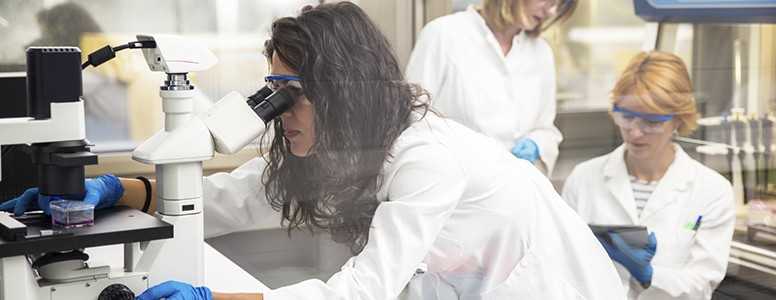A US organisation has recommended that HbA1c targets for adults with type 2 diabetes should be higher than suggested by existing guidelines.
The American College of Physicians (ACP) has informed doctors to advise people to aim for HbA1c levels between 7-8% (53-64 mmol/mol), rather than the traditional advice of 6.5-7% (48-53 mmol/mol).
The controversial advice has been met with scepticism by US physicians who believe the recommendations send “mixed messages” to people with type 2 diabetes.
Dr. Ajay Rao, from the Lewis Katz School of Medicine at Temple University, told Reuters Health the recommended range “is inconsistent with guidelines from most national and international organizations”.
Dr Rao added that relaxing HbA1c goals “sends a mixed message to our patients, and potentially sends us backward in the fight against small vessel complications in type 2 diabetes.”
The ACAP recommendation follows a review of six sets of guidelines from other organisations. Other recommendations include personalising blood sugar goals in patients on the basis of discussing treatment options; considering reduced drug therapy in patients with HbA1c below 6.5%; and minimising symptoms of high blood sugar.
However, ACAP’s guidance also states that lower treatments are appropriate if achievable through eating a healthy diet and getting regular exercise, as well as cutting out processed foods and giving up smoking.
In the UK, the National Institute for Health and Excellence recommends that most people with type 2 diabetes aim for an HbA1c of 6.5% (48 mmol/mol), but doctors may suggest different targets depending on personal circumstances.
Our Low Carb Program has demonstrated that many people with type 2 diabetes can lower their HbA1c below 6.5% (48 mmol/mol) by making positive lifestyle changes. More than a third of users with type 2 diabetes or prediabetes have also reduced the number of medications they take.
ACAP’s report appears online in the Annals of Internal Medicine.
What's new on the forum? ⭐️
Get our free newsletters
Stay up to date with the latest news, research and breakthroughs.






